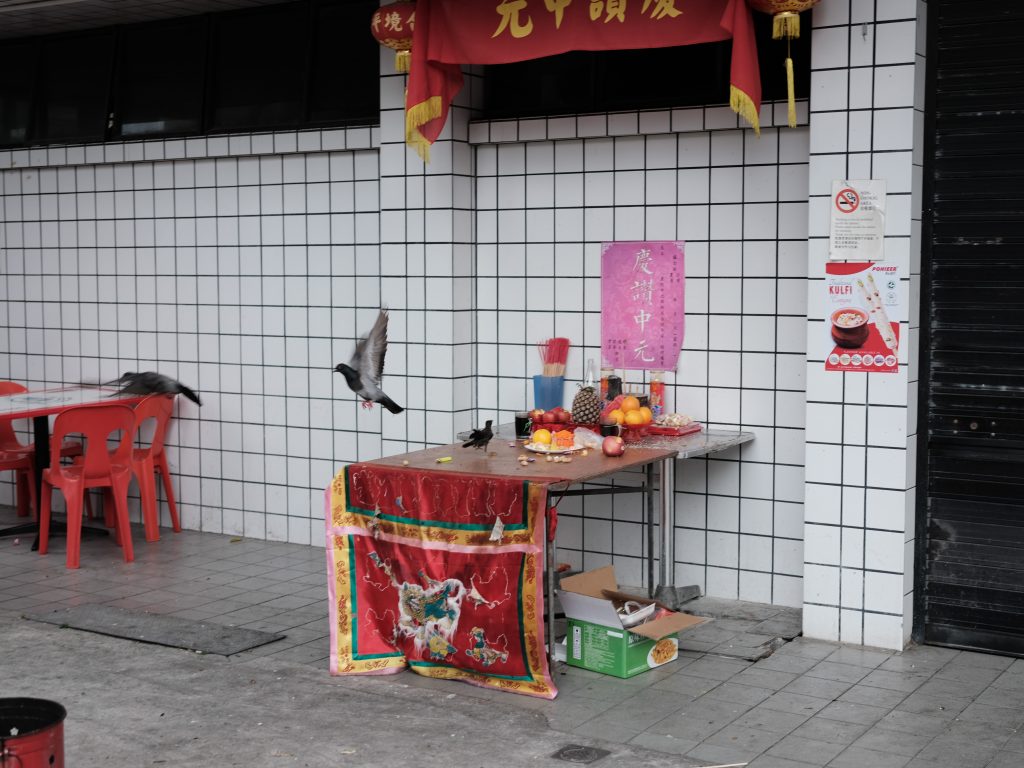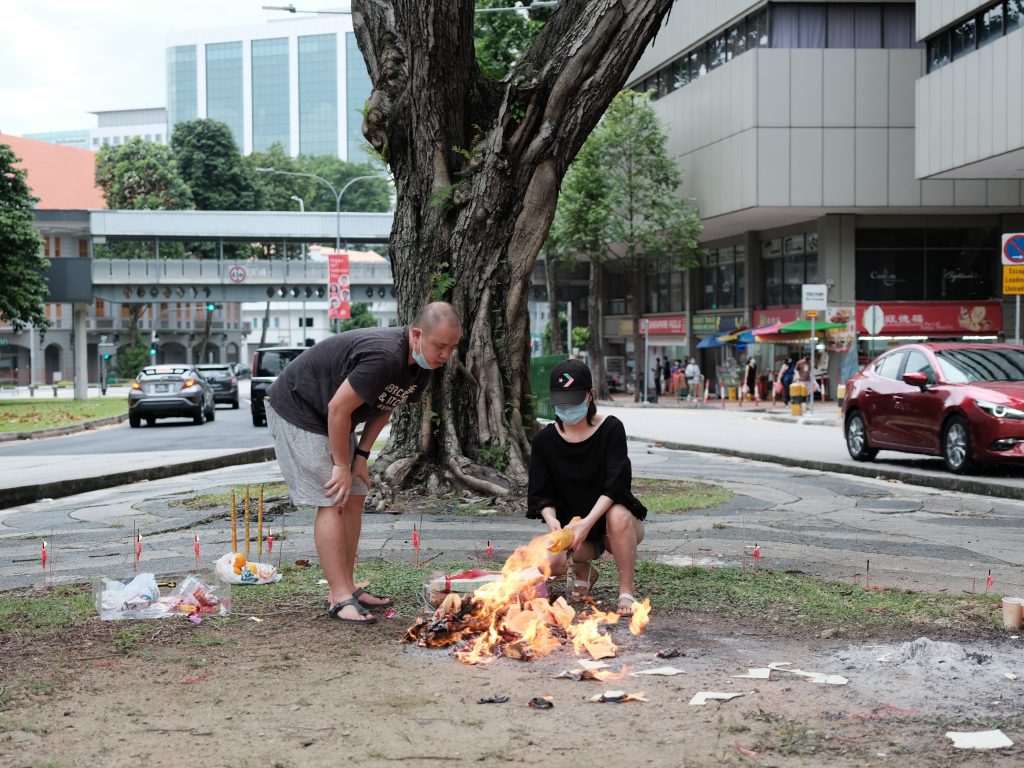The Hungry Ghost Festival: A Window Into China’s Supernatural Beliefs
The Hungry Ghost Festival is an important traditional holiday in Chinese culture that occurs on the 15th day of the seventh lunar month. This festival is often referred to as China’s own Halloween, as it shares many similarities with the Western holiday.

It is celebrated across China, Taiwan, and other regions with large Chinese populations.
The festival is based on the belief that during this time, the gates of the underworld open, and ghosts are allowed to roam the earth. These ghosts are believed to be hungry and in search of food and offerings from the living.
The festival’s purpose is to pay respect to ancestors and deceased loved ones, ensuring their comfort and preventing them from causing harm to the living.
During the festival, people light incense, burn offerings, and perform traditional ceremonies to honor their ancestors. They also prepare and offer food, clothing, and other necessities to the ghosts. In some regions, people also stage elaborate performances of traditional Chinese opera, puppet shows, and other forms of entertainment to entertain the ghosts and bring good luck.

One of the most distinctive features of the Hungry Ghost Festival is the use of “ghost money.” This is paper money that is burned as an offering to the ghosts, who are believed to use it in the afterlife. Ghost money is available in various denominations and can be found in markets and shops across China.
The festival’s history can be traced back to the Han dynasty (206 BCE-220 CE), and it has continued to be an important cultural event in China for thousands of years. Today, the Hungry Ghost Festival is still widely celebrated and remains an essential part of Chinese culture and tradition.
This festival is a fascinating and unique cultural event that reflects the deep roots of ancestor worship and respect for the dead in Chinese culture. Its similarities to Halloween make it an excellent example of how different cultures have similar traditions and customs.
